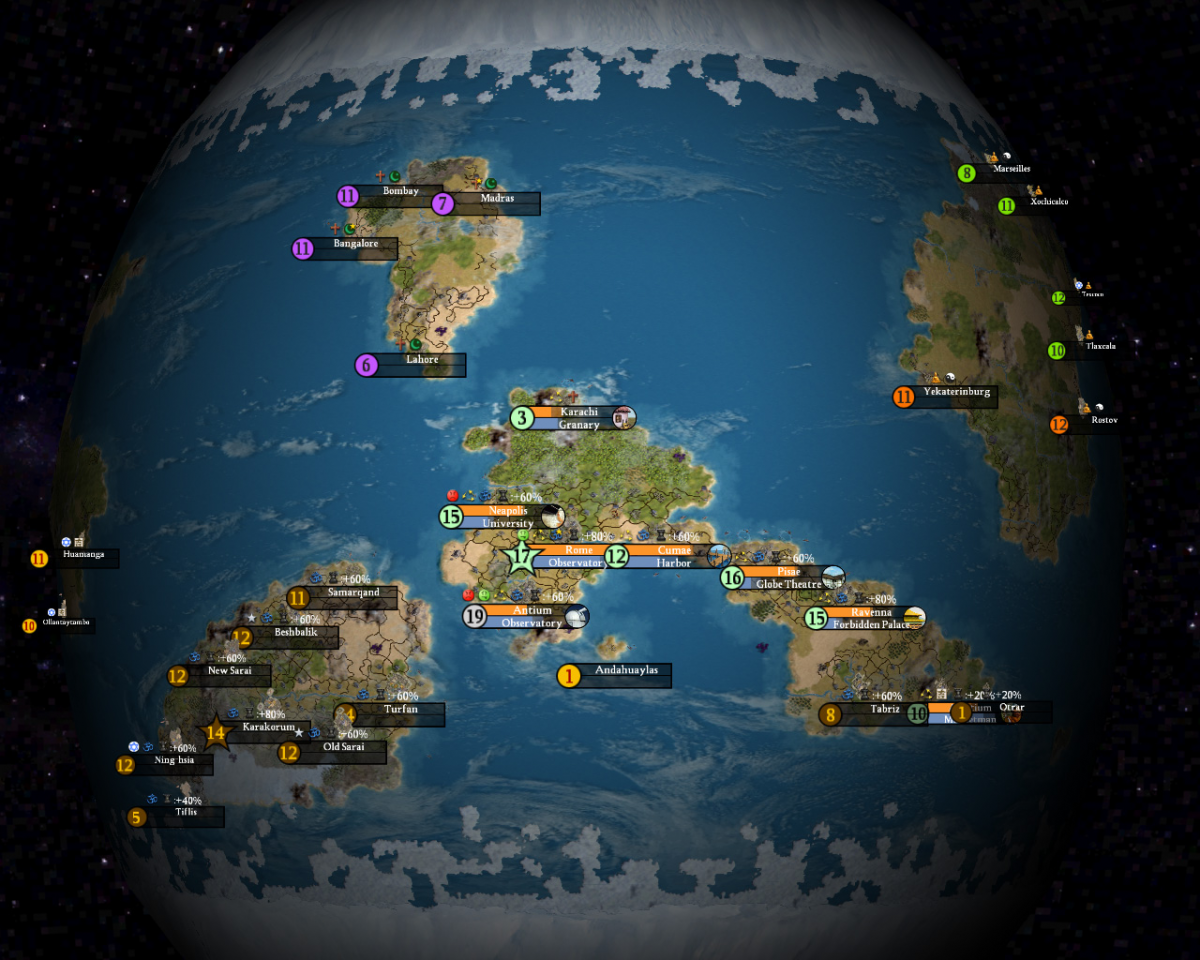Balerune
Prince
- Joined
- May 19, 2010
- Messages
- 373
Another idea Firaxis should implement, is the ability to build coastal barriers to guard against floods and potential increases in sea level. Many of the old Hanseatic league cities in Europe simply built barriers to keep the water out, and it was way cheaper than trying to change global temperatures or reinvent how humans interact with the environment. The danger of rising sea levels to coastal communities is not knew, and history shows that ancient civilizations found cost effective ways to solve the problem. The Dutch and the Danes both built sea walls, and they have survived centuries without the coastal cities being submerged by rising tides or sea levels.
If Florida simply built some kind of sea wall along the coast, they could easily survive the potential danger of rising sea levels, while also saving a ton of money.
Perhaps we could also include some evolutionary ideas like learning to breathe underwater?
Or if that is too severe what about the technology for undersea cities?
Or making pets of dolphins and whales for transportation to reduce the carbon footprint?
Or with the space race (is it still there) founding colonies on the moon and mars and making earth the mining resource planet?


